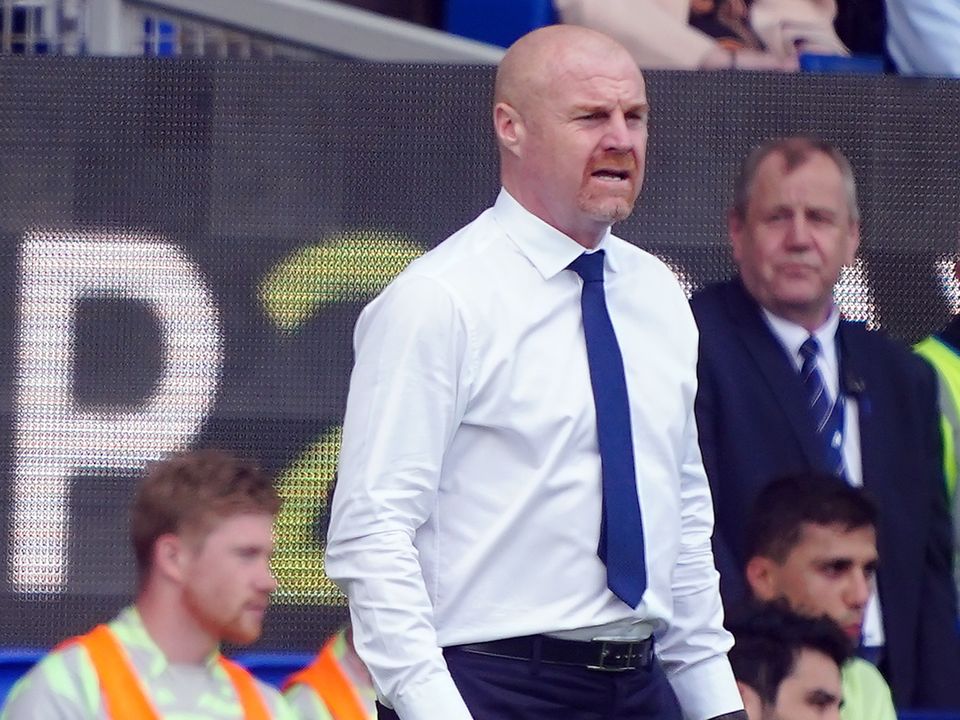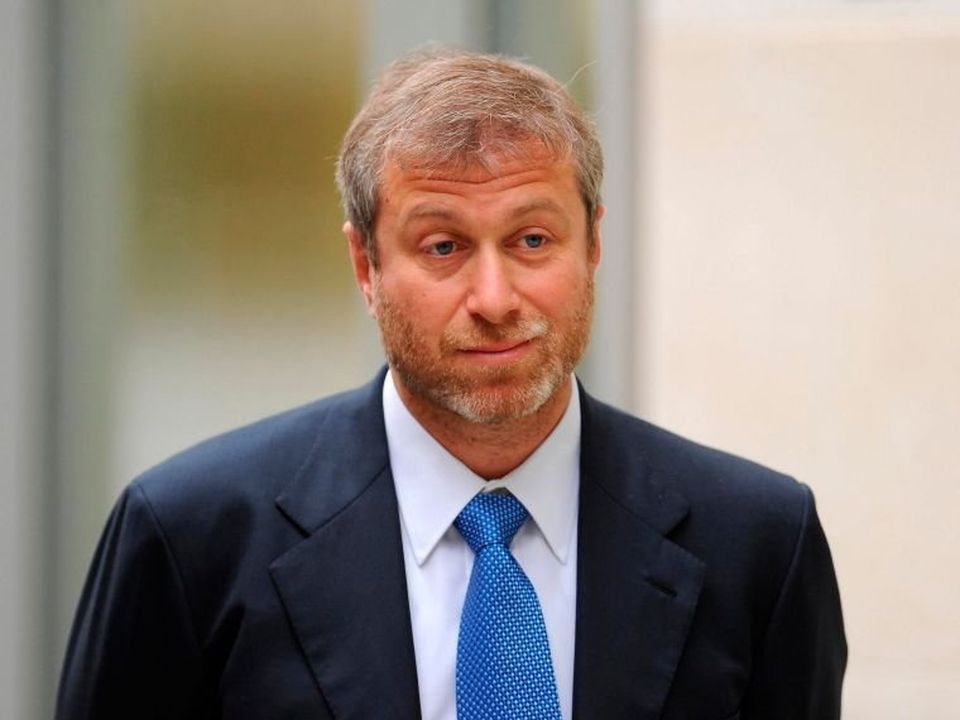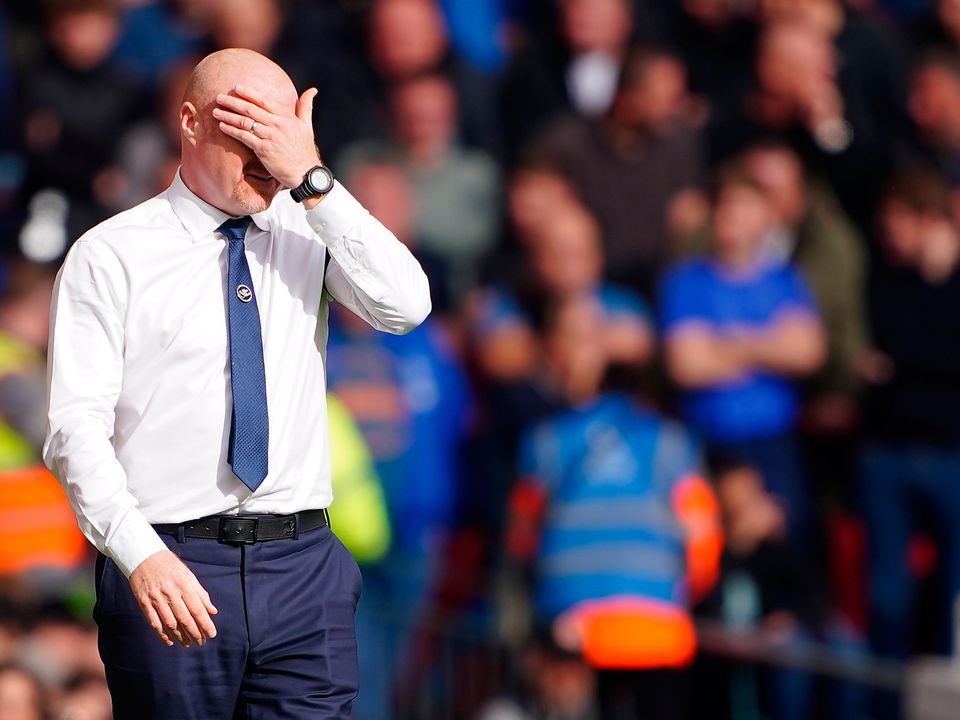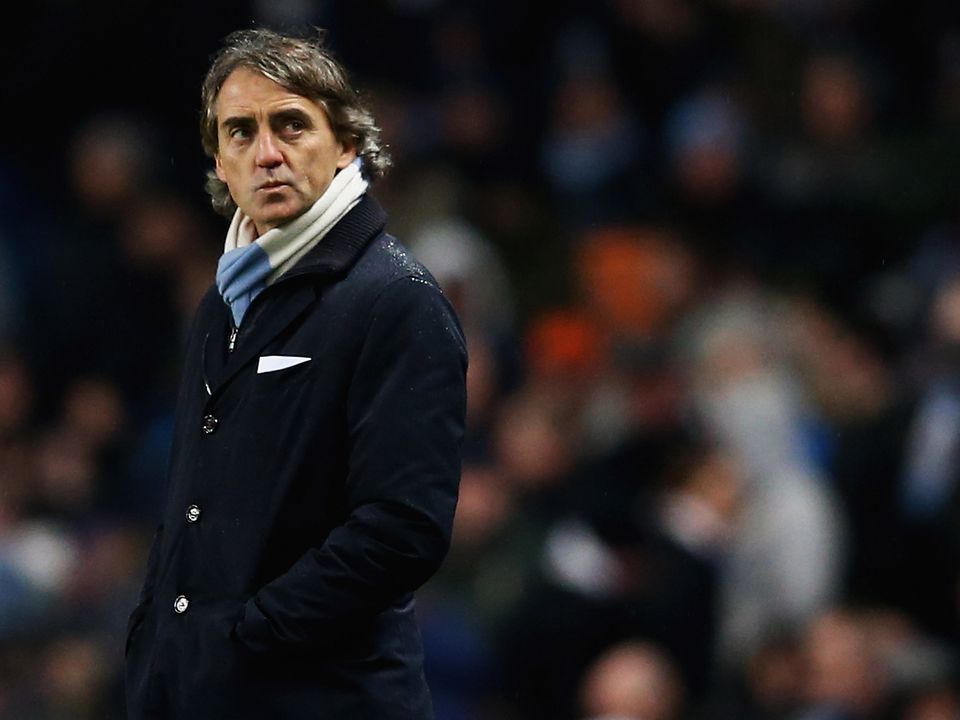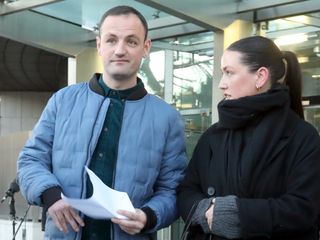Why Everton’s charges were more clear-cut than those facing Manchester City and Chelsea
The Toffees’ punishment does not automatically mean Sky Blues face a huge points penalty
The fall-out from Everton’s stunning 10-point penalty for financial mismanagement quickly shone a spotlight on Manchester City ongoing battle with the Premier League, but this story is not as clear-cut as it may seem.
Premier League officials were sending a clear message to their members that financial failings would be punished in the most severe manner when they handed down their sentence on Everton – yet the ‘crimes’ of the Merseyside club were much more transparent than those Manchester City are fighting.
Everton were charged with violating PSR rules for the three seasons ending with 2021-22.
The maximum losses allowed in that period – after allowing for all sorts of adjustments based on Covid impact, youth development and other costs – were £105 million.
The Goodison Park club were found by the independent commission, which imposed the sanction, to have acted “irresponsibly” in exceeding permitted losses over a three-year period by £19.5m.
Everton broke the rules and now they have been punished – it was a clear-cut case and only the sentence can be disputed.
They may well get that punishment reduced on appeal, but don’t assume Everton’s 10-point hammering will automatically mean City will receive a bigger fine or points deduction.
There have been suggestions that City could be thrown out of the Premier League and the titles they won during the period under question could be stripped from them, but their case could be clogged up in a legal maze for a long time to come.
If you base your verdict purely on the numbers, Everton’s financial failings seem modest when compared to the 115 counts of rule-breaking of which serial winners City stand accused.
Yet this story is so much more than just a numbers game.
As City highlighted in what they would suggest was a successful battle to overturn a two-year Champions League ban after UEFA found them guilty of breaking Financial Fair Play rules, the arguments around their case are complex.
The case around City centres on a series of allegations that officials of the Etihad Stadium club can fight using some of highest paid lawyers on the planet.
Allegedly, they did not fully disclose the financial remunerations that were made to one of their managers (Roberto Mancini) over a four-year period.
Read more
The Premier League also allege City didn’t comply with UEFA’s FFP rules over a five-year period.
In addition, they also allege City have not fully co-operated with the Premier League’s probe.
Clubs need to highlight in their annual accounts that they can justify a vast outlay on players and wages, with City’s sponsorship deals linked to their owners one of the areas under scrutiny.
While their success on the field is there for all to see, City are yet to establish the global fanbase to match Manchester United, Liverpool and other Premier League clubs.
That should mean their commercial revenues, excluding prize money and broadcasting revenue, is lower than their rivals, yet their financial accounts present a different picture.
City’s announcement earlier this month confirmed that they earned revenues of £712.8m (to June 2023), an increase of £99.8m (16.3pc) over the previous season, along with a record net profit of £80.4m, also raised plenty of eyebrows, but their figures including all sponsorship deals are tough to challenge legally.
City got their Champions League ban reduced to a fine as they fought UEFA at the Court or Arbitration for Sport, but that ‘success’ was partly secured as the time elapsed for the charges to be executed.
That time limit does not exist in their Premier League case, and that’s why they will face a punishment unless they can find a way to wriggle out of what are serious charges.
Chelsea are also fighting FFP issues after the Stamford Bridge outfit admitted that rules were broken during Roman Abramovich’s 19-year reign as the club’s owner.
Former Chelsea owner Roman Abramovich. Photo: Dominic Lipinski
Like City, Chelsea’s diminished financial income from commercial deals due to their lack of a global fanbase meant they relied on loans and top-ups from Russian oligarch Abramovich to prop up their annual financial submissions, with sponsorship deals with his business associates another point of discussion.
Yet even if City or Chelsea sign a mega-money sponsorship deal with a company linked to their owners, it may be hard for the Premier League to win a battle disputing how much that deal is worth.
We can all have suspicions, but proving them is a challenging legal matter.
As has been highlighted in the Everton case, any punishment handed down to City or Chelsea would be related to this season.
So if City were handed a 20-point penalty for this season, their Premier League title hopes would be all but over.
If Chelsea were handed a similar penalty, they may be looking over their shoulder at the relegation battle.
These are all debates that will be played out among lawyers in the coming weeks and months, with Everton’s punishment adding spice to the battles that lie ahead for City and Chelsea.

